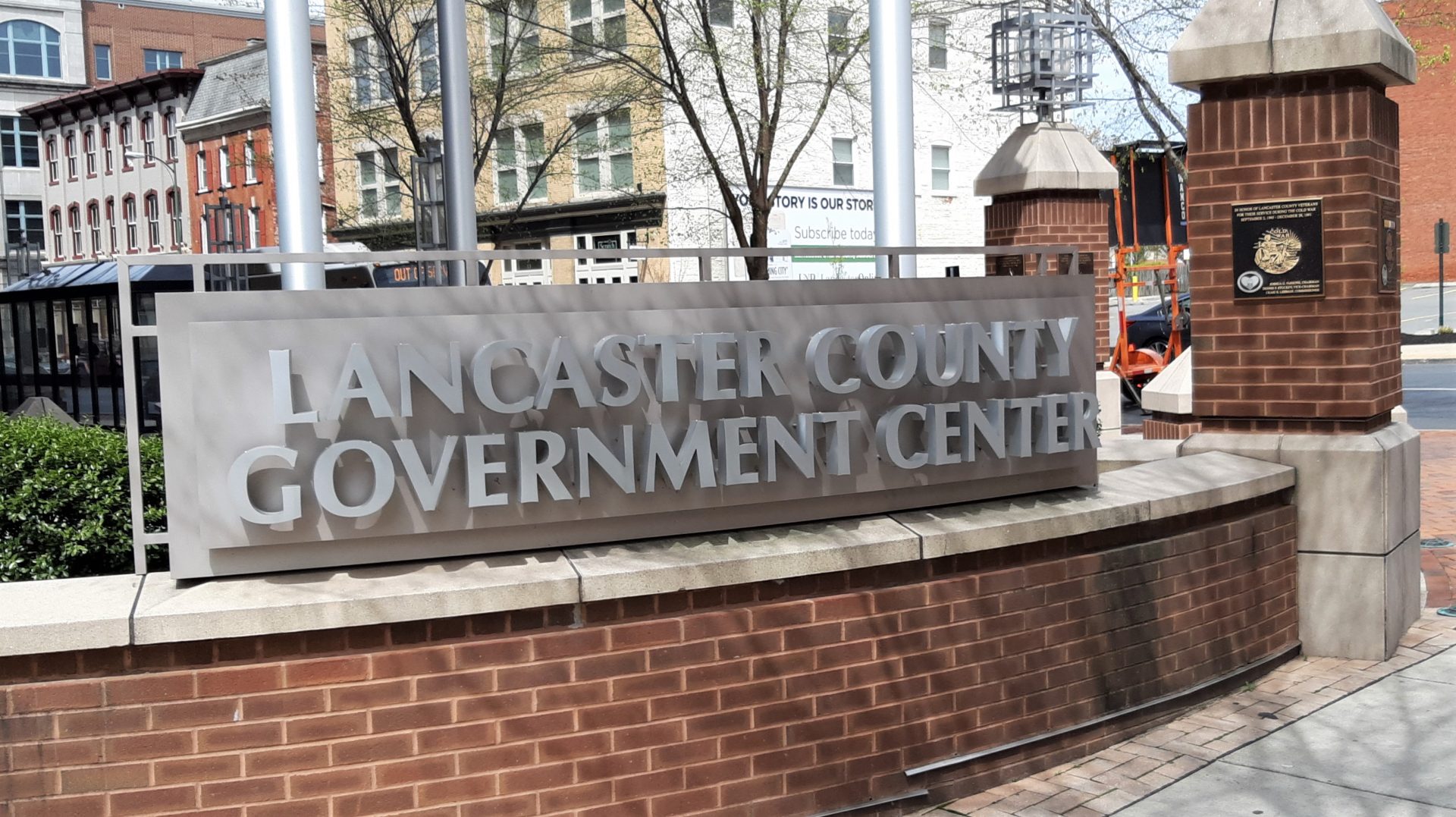Lancaster County’s chief elections official is hoping to try out electronic poll books in a few selected precincts in the May primary election.
Locations would be chosen to provide a good cross-section of Election Day conditions, Chief Clerk of Elections Christa Miller told the county Board of Election at its Wednesday meeting: A large precinct, a small one, a precinct with a preponderance of Spanish-speaking voters, a nursing home.
It would give her and her team a chance to see how the devices perform and identify any potential concerns. Paper poll books would be on hand as backup if needed.
The Election Board will vote on whether to move forward with the pilot, Commissioner John Trescot, the board’s chair, told One United Lancaster. The decision would need to be made by mid-March, Miller said.
Poll books are the registers of voters that polling places use on Election Day to conform voter eligibility. They contain voters’ name, address, party affiliation and signature, and voters sign them to receive their ballots.
Electronic poll books are essentially tablet computers, and proponents say they have several advantages over paper ones. They provide poll workers access to a county’s full voter roll, making it easier to direct people who turn up at the wrong polling place. Font sizes on electronic poll books can adjusted, making them easier to read.
Most importantly, Miller said, they allow the post-election reconciliation process to be completed quickly, within a day or so rather than the weeks it takes to do by hand. (Reconciliation is the process of tallying ballot and voter counts to make sure they match and resolve any discrepancies.)
The devices Lancaster County is considering are made by KnowInk, a vendor based in St. Louis. The market leader, it says its electronic poll books are used in 28 states.
Security concerns
Several citizens at Wednesday’s meeting raised strenuous objections to the idea, saying electronic poll books are vulnerable to hackers and would compromise election security.
Moving away from a paper-based system “is setting us up for failure,” said Danielle Lindemuth of Elizabethtown, who said “red flags flew” when she learned of the county’s plans.
“It is electronic and it can be manipulated,” she said.
Melissa Ellis of Ephrata cited problems in Los Angeles’ 2020 primary, when officials tried to update electronic poll books en masse on election day, causing them to lock up and leading to hours-long lines.
Theia Hofstetter, of Elizabethtown, said electronic signatures never look like their pen-and-paper counterparts, potentially negating the value of signature matching as an election security measure.
Nationwide, there are bipartisan concerns about electronic pollbooks. The Brennan Center for Justice calls them an “overlooked vulnerability,” Politico reported in 2020. There are no federal standards governing their design and operation, nor oversight of their vendors and their network security, Politico said.
Pennsylvania’s situation is different from that of California and other states, Miller said. Its election law bars counties from connecting electronic poll books to their election systems via wi-fi or cellular service, so the problems in Los Angeles’ could not happen here.
Devices can be paired wirelessly only through Bluetooth, she said, and the connection is one-to-one, with no signal visible to any other equipment.
If wi-fi and cellular data transfer aren’t allowed, then Lancaster County should buy electronic poll books that don’t have those capabilities in the first place, Hofstetter said. Whether or not it’s allowed, she said if the technology can be switched on, there’s a risk, given the potential for human error.
Fifteen Pennsylvania counties are using electronic poll books already, according to the election security organization Verified Voting, and more are coming on board, including Philadelphia this spring.
They are being helped along by Pennsylvania’s election integrity grant program, Miller said, which they can use to defray the considerable cost.
Lancaster County, for example, would need about 500 of the devices to cover all its precincts, with at least two required per precinct. Miller did not provide a cost estimate.
Electronic poll books have not been without problems in Pennsylvania. In Berks County, some did not display voter signatures properly in the May 2022 primary election, requiring officials to revert to paper in some precincts. The delay led to a judge ordering polls to stay open an extra hour. In the general election in November, no issues were reported.
Lindemuth and Hostetter are members of the Elizabethtown Republican committee and Lindemuth is a chapter leader of FreePA, a conservative grassroots group. She and her husband, Stephen, were actively involved in “Stop the Steal” efforts after the 2020 election, and subsequently won election to the Elizabethtown Area School Board, attracting attention from national media outlets.
In May 2022, Danielle Lindemuth filed an unsuccessful petition seeking a recount in state Sen. Ryan Aument’s race against Mike Miller, a “Stop the Steal” supporter and organizer of a local election audit that purported to demonstrate fraud.
Lindemuth and Hostetter declined to speak with reporters after Wednesday’s meeting.
The county Election Board normally consists of the three county commissioners. Because Josh Parsons and Ray D’Agostino are seeking re-election, their roles are being filled temporarily by retired county Solicitor Christina Hausner and county Judge Jeffery Wright.






